
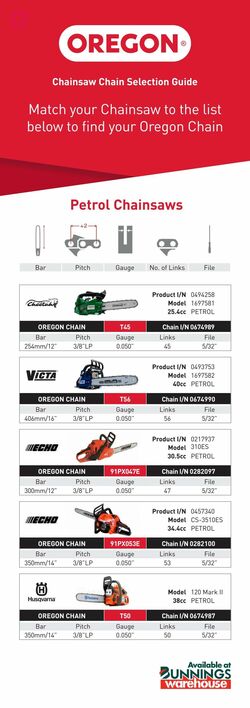



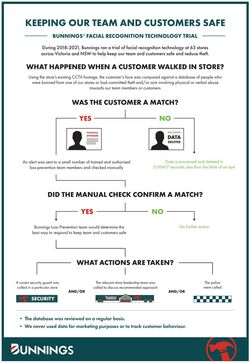



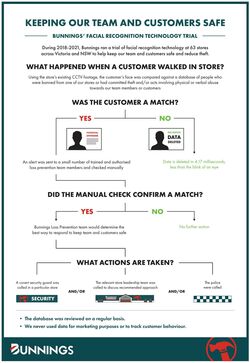
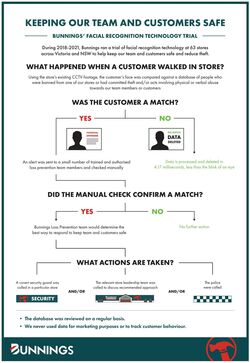

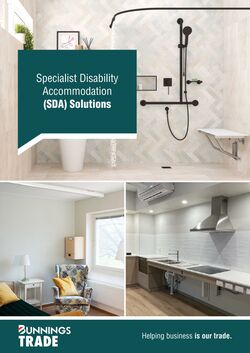
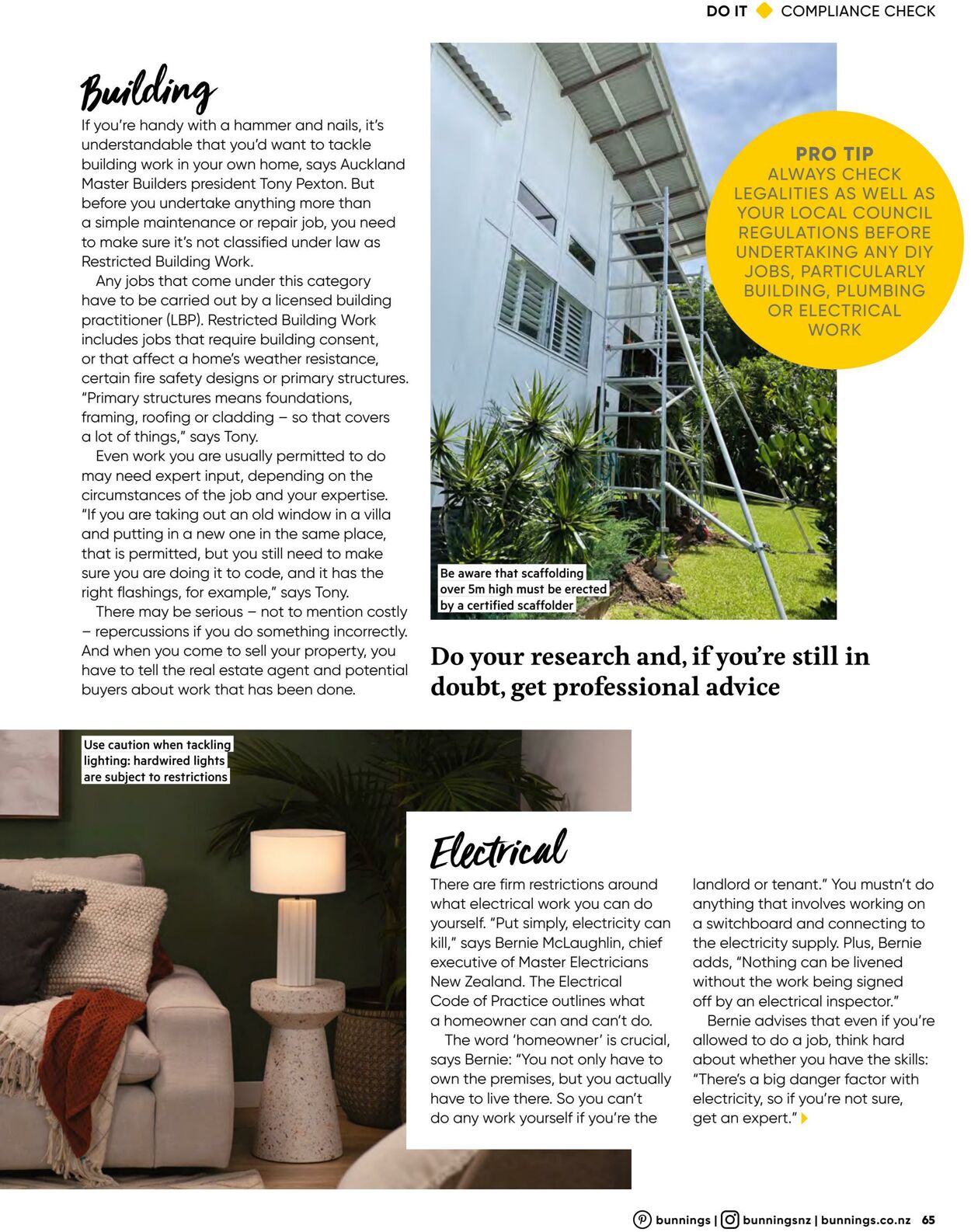
Products in this catalogue
Building If you're handy with a hammer and nails, it's understandable that you'd want to tackle building work in your own home, says Auckland Master Builders president Tony Pexton. But before you undertake anything more than asimple maintenance or repair job, you need to make sure it's not classified under law as Restricted Building Work. Any jobs that come under this category have to be carried out by a licensed building practitioner (LBP). Restricted Building Work includes jobs that require building consent, or that affect a home's weather resistance, certain fire safety designs or primary structures. “Primary structures means foundations, framing, roofing or cladding — so that covers a lot of things,” says Tony. Even work you are usually permitted to do may need expert input, depending on the circumstances of the job and your expertise. “If you are taking out an old window in a villa and putting in a new one in the same place, that is permitted, but you still need to make sure you are doing it to code, and it has the right flashings, for example," says Tony. There may be serious — not to mention costly — repercussions if you do something incorrectly. And when you come to sell your property, you have to tell the real estate agent and potential buyers about work that has been done. Use caution when tackling lighting: hardwired lights are subject to restrictions DOIT COMPLIANCE CHECK oe PRO TIP ALWAYS CHECK LEGALITIES AS WELL AS YOUR LOCAL COUNCIL REGULATIONS BEFORE UNDERTAKING ANY DIY JOBS, PARTICULARLY BUILDING, PLUMBING OR ELECTRICAL WORK Do your research and, if youre still in doubt, get professional advice There are firm restrictions around what electrical work you can do yourself. "Put simply, electricity can kill," says Bernie McLaughlin, chief executive of Master Electricians New Zealand. The Electrical Code of Practice outlines what a homeowner can and can't do. The word ‘homeowner’ is crucial, says Bernie: “You not only have to own the premises, but you actually have to live there. So you can't do any work yourself if you're the landlord or tenant.” You mustn't do. anything that involves working on a switchboard and connecting to the electricity supply. Plus, Bernie adds, “Nothing can be livened without the work being signed off by an electrical inspector.” Bernie advises that even if you're allowed to do a job, think hard about whether you have the skills: “There's a big danger factor with electricity, so if you're not sure, get an expert.” ® bunnings |G) bunningsnz| bunnings.co.nz 65
| Name | Details |
|---|